

NICOYA SUSTAINABILITY REPORT 2023


We Are Nicoya
Nicoya is investing in a more sustainable food system, focusing on:
• Better-for-planet foods
• Better-for-you foods
• Novel technologies
Nicoya is an impact investor, investing in a more sustainable food system.
We are driven by our commitment to making a meaningful impact on people’s lives, their health, and the planet. Nicoya is where emerging, revolutionary food concepts are crafted and developed before landing on consumers’ plates. Together with passionate entrepreneurs, we are part of the force transforming global food systems.
At Nicoya, we turn ideas into reality. We draw upon our deep industry knowledge in FMCG, brand strategy, and finance to make informed consumer-driven investments in ambitious startups within the food industry.


We target scalable and commercially viable companies that are reimagining food production, meals and distribution. As active investors, we partner with startups early on in their journey and guide them through the complex industry landscape. We streamline startups’ acceleration path by developing their product proposition and route-to-market strategy to deliver brand-driven growth.
At Nicoya, we are fueled by consumer behavior and data. Companies often forget that the consumer is the one in the driver’s seat – not the other way around, a mistake that often results in product launches that fail to resonate with consumers. That is why consumer insights are always at the core of both our investment decisions and the acceleration journey of our portfolio companies. We are Nicoya.
Changing food for good.
Page Content
4. Sustainability at Nicoya
5. Why changing the food system
6. Our Approach
7. Nicoya’s Investment Verticals
8. Findings from Sustainability Survey 2023
9. Climate: Reduce Environmental Footprint
10. Health: Reduce overweight, obesity and diabetes
11. Gender Balance
12. Governance: Review inline with SFDR
13-16. Portfolio Impact Stories
Vertical Harvest
Peas of Heaven
El Taco Truck
17. Portfolio contribution to the SDGs
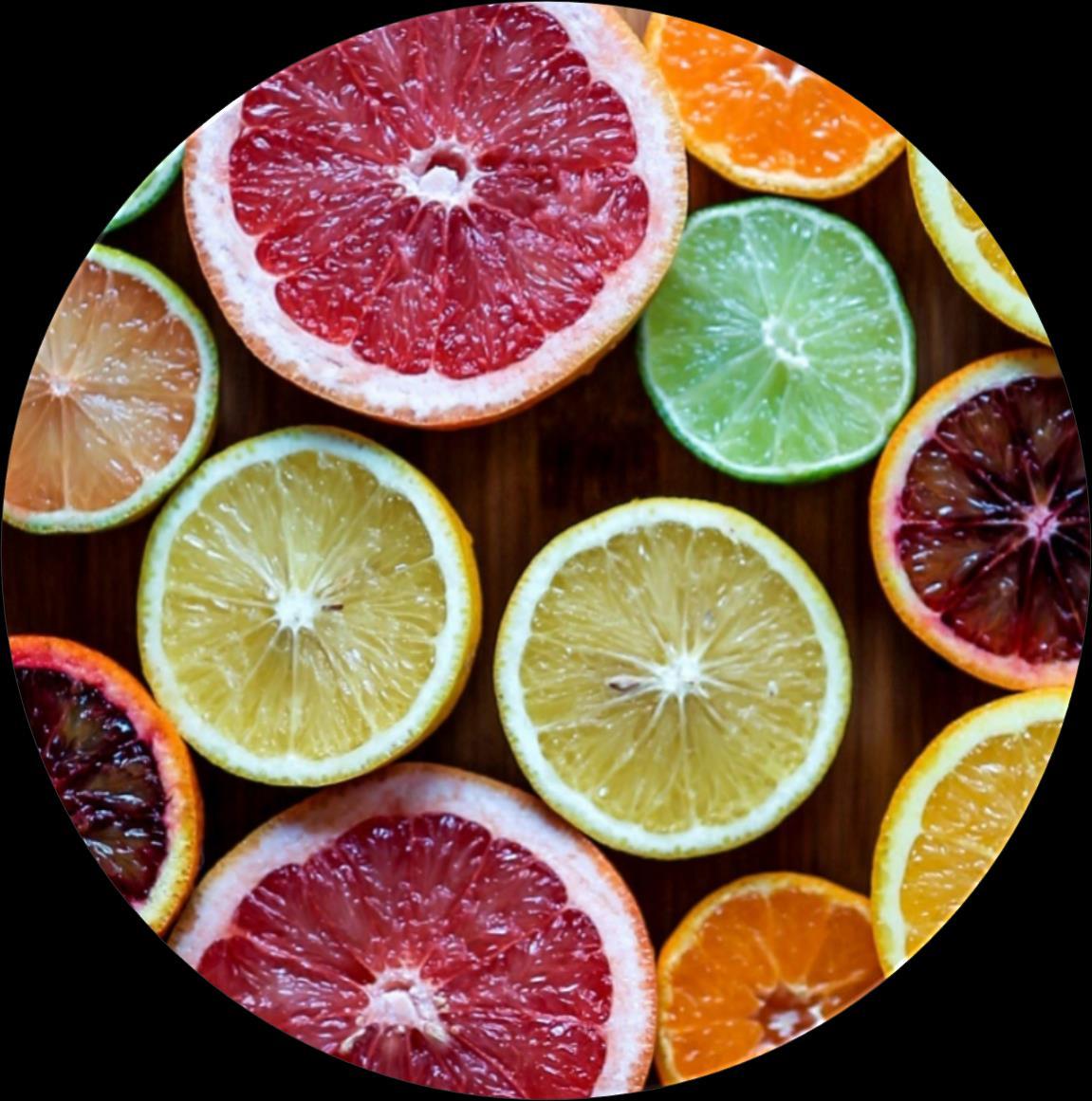
SUSTAINABILITY AT NICOYA
Being a business angel or venture capital investor is sometimes hard. You invest your money and then you must wait for your financial return. Then it can be comforting to know that meanwhile your money is working, they’re also doing good. That’s the beauty of being an impact investor.
We live in a world where terrifying news on the state of our planet and our communities is a constant. Amongst the root causes we find the food system. Nicoya was founded upon the wish of Changing Food for Good. It’s our tagline and one we’re very proud to base our efforts on. The food system is vast and to play to our strengths, where we can add the most value as investors, we’ve chosen to focus on consumercentric innovations and technologies. We believe that consumers are the driving force behind the food system shift.
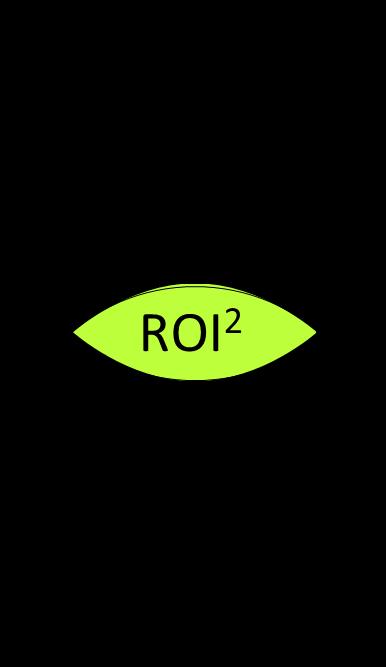
We evaluate every potential investment against a strict set of investment criteria, including sustainability. We look at ESG risks’ eventual impact on potential investments as well as negative impact the investment may have on the planet. However, our main objective is to invest in companies that are inherently good and as such accelerate the food system transformation, reduce the impact of climate change, and promote healthy diets. We invest across three different investment verticals, each with its own set of impact drivers. Integrating sustainability into the companies’ business and value creation models isn’t only a lucrative thing to do as you enter a growing market or the right thing to do so you sleep well at night, it also makes the companies competitive and resilient over time.
For the second year we have conducted a sustainability review of our investments. We base this review on EU's Sustainable Finance Disclosure Regulation (SFDR). This regulation requires European investors with a sustainability focus to report on certain ESG factors. Nicoya doesn’t fall under these regulations but some of our investors do which we report to, and it’s a good framework to us as foundaction complemented with some for us relevant impact metrics.
The review was conducted in a format of a self-assessment questionnaire. Although all companies in the portfolio received it, the ability to report on all parts of the review, such as carbon emissions and energy consumption, generally depends on the stage of maturity of the company or the expectations of stakeholders at large. It is our ambition to steadily increase the share of companies able to fully report on the review, starting with those making up a larger share of our portfolio. The data gathered from this review also lays the basis for our work as investors and objectives for the year ahead.
“We invest in companies with intentional and positive impact at the core of their businesses backing category-defining companies accelerating the food system transformation”- Christopher Slim, Nicoya CEO
We divide our findings and approach into four thematic themes:
1) Climate: Reduce Greenhoues Gas Emissions and Environmental Footprint, 2) Health: Reduce overweight, obesity and diabetes, 3) Gender Balance: Promoting teams where no gender is in dominant position, as balanced teams perform better and is an important step to contribute to a more diversified and inclusive world, and 4) Governance: Use sound structures and report in line with relevant frameworks.
In this report, you’ll find an introduction to Nicoya’s investment approach, findings from the Sustainability Survey 2023 and rounding off with some impact deep-dives from our portfolio. There is so much more that we could share with you and if you are interested in learning more, please don’t hesitate to reach out.
Lykke Westgren Investment Manager & Head of Sustainability
Market Overview
The Current Food is Broken – Opportunities for Innovation, Improvements & Investments
Climate
30% of global green house gas emissions comes from the food system alone
Health Food Security
30% of global population is overweight or obese. 10% has diabetes in Europe and USA and, 12% in the Middle East & North Africa
By 2050, continued food insecurity will leave
640 million people under-weight globally
Food system could become netcarbon zero by 2040, helping to limit global warming to below 1.5 degrees by the end of the century
A TRANSFORMED FOOD SYSTEM
Healthier food system could reduce type 1 and 2 diabetes by 80%
An alternative food system transformation approach could result in undernutrition being eradicated by 2050
Source:
Food System Economics Comissions (FSEC)
Almutairi et al (2023). The Influence of Eating Habits on Type 2 Diabetes in Saudi Arabia: A Systematic Review. Cureus, 15(7), e42638.
El-Kebbi et al (2021). Epidemiology of type 2 diabetes in the Middle East and North Africa: Challenges and call for action. World journal of diabetes, 12(9), 1401–1425
Center for Disease Control and Prevention, UN
We act and live by a consumer-centric approach
That’s why we invest in companies that… Nicoya
We believe that consumers – not companies or products – are the driving force behind the food system transformation
… develop innovation backed by mega-trends
… create impact today or tomorrow
… accelerate behaviors of the many
Nicoya Investment Verticals
Our portfolio spans across three verticals, each with its own set of impact drivers
Vertical
Investments
Impact drivers
2023
NEXT GEN PRODUCTION AND DELIVERY
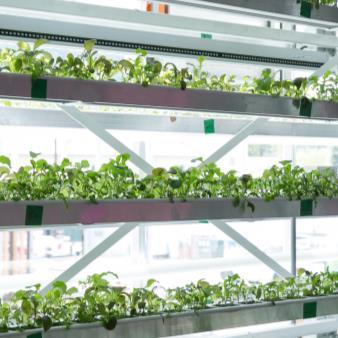



FOODTECH
LIFESTYLE BRANDS
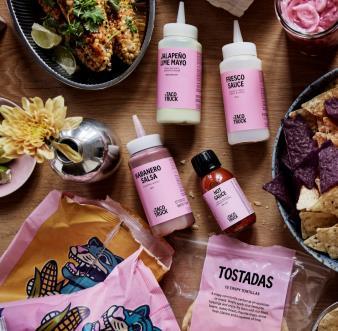



Alternative protein and production
Next-generation supply chain
Food security
No refined sugar or artificial sweeteners
Organic & Clean label
Healthy and nutritious food
PLATFORM FOR NEXT GEN FOODS


Greener and/or healthier brands and innovations
Effective organizations sharing resources
Data-driven marketing and innovation

FINDINGS SUSTAINBILITY REVIEW 2023

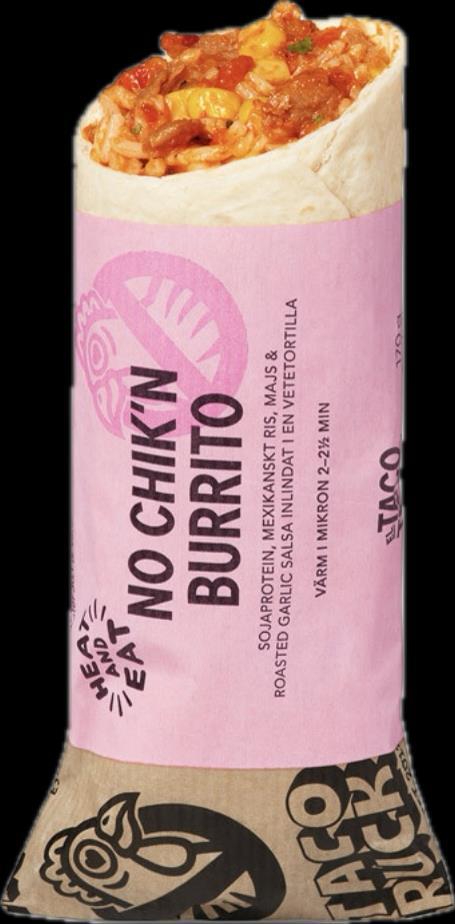









Greenhouse Gas Emissions and Environmental footprint by investing in food that is better for the planet through its product offer and business practices
26%
63% 3
of portfolio value are investments in alternative protein and production investments have measured their GHG emissions across their entire value chain (scope 1,2, 3)
21% Y/Y growth in sales in this share of the portfolio*
6% of portfolio value are investments in nextgen supply chain
Y/Y growth in sales in this share of the portfolio
50% of investments use 100% renewable energy
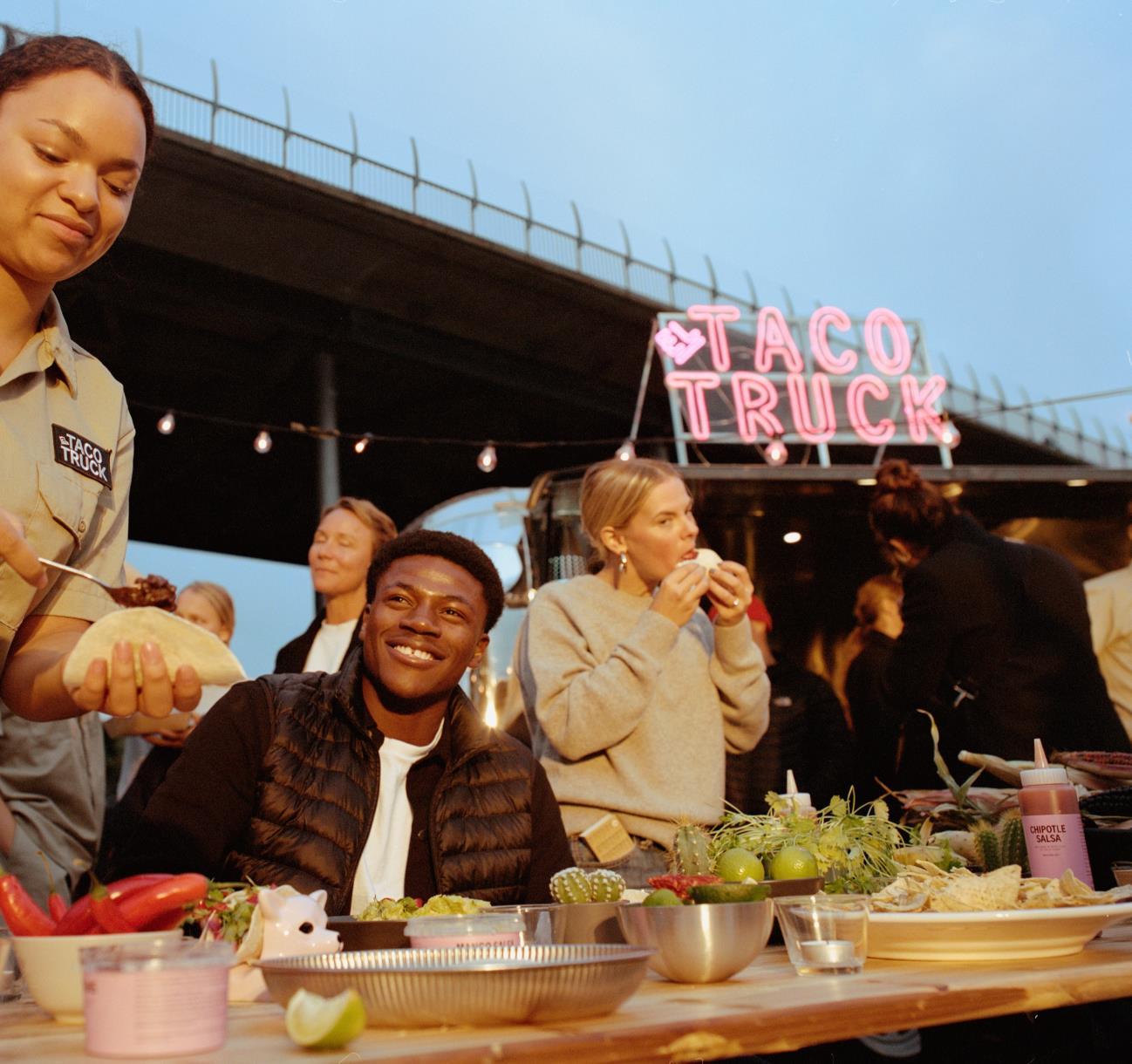
2. Health: Reduce overweight and diabetes by investing in better-for-you food helping people improve their health and well-being
41%
45%
of portfolio value are investments in what’s considered clean-label of portfolio value are investments that avoid refined sugar in their products
20% Y/Y growth in sales in this share of the portfolio
5% Y/Y growth in sales in this share of the portfolio*
0
Ultra-processed food products across entire portfolio

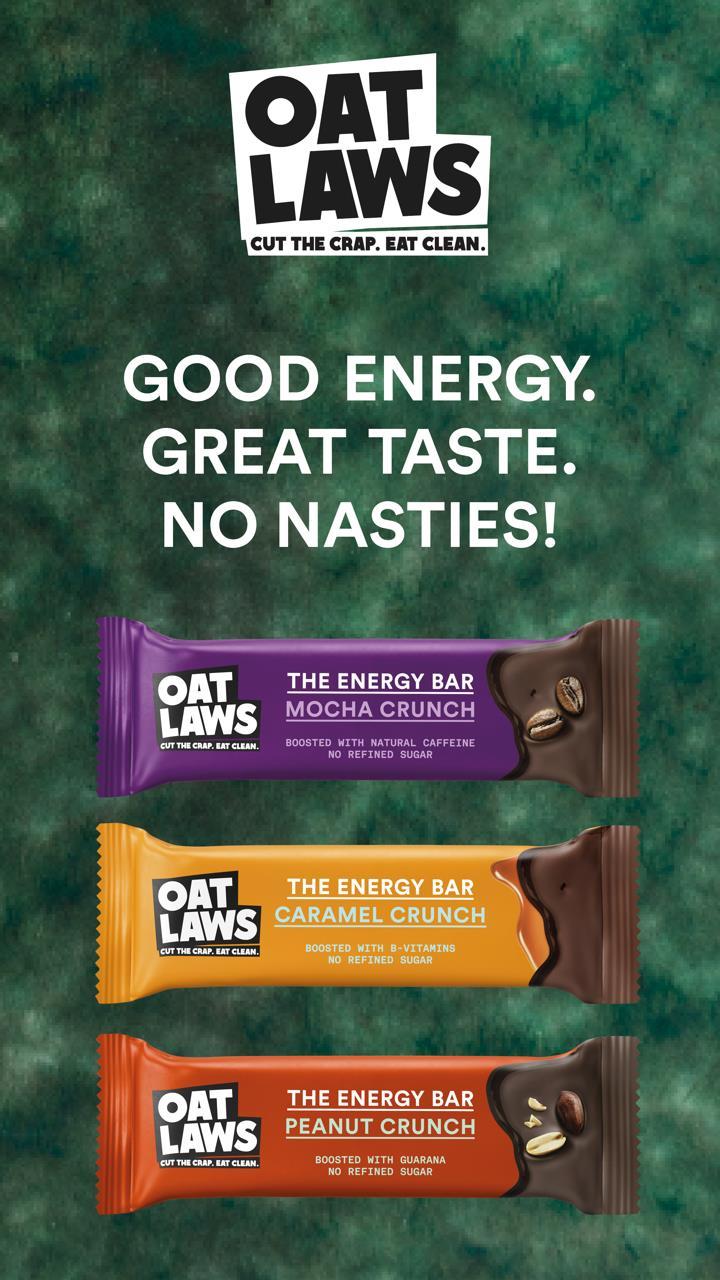
3. Gender balance: Promote diverse teams by tracking gender balance across management, company board, and founders as well as the gender pay gap. Gender balance is defined as 35-65% females.
12% Of investments have genderbalanced management
66%
42%
Of investments have genderbalanced boards
Of investments have female founders

4. Governance: Use sound structures and relevant frameworks -
base it’s Sustainability Review on EU’s SFRS framework
Sustainability indicators applied to investee companies
Sustainbility area Sustainability Indicator
100% of companies reviewed in accordance with SFRS
SFDR vs CSRD vs ESRS - What’s
the difference?
SFDR- Sustainable Finance Disclosure Regulation – is EU’s reporting regulation for sustainable investments, mandating financial market entities to disclose information relating to ESG activities.
CSRD - Corporate Sustainable Reporting Directive – is EU’s new directive obliging companies to report on the social and environmental impacts of their activities. The first reporting will be in 2025 on 2024 data, applicable to large companies
ESRS – European Sustainability Reporting Standards – are the standards which companies subject to CSRD have to report according to.
Green House Gas Emissions
C02e emissions, scope 1,2 and 3
Carbon footprint
GHG intensity
Exposure to activities in the fossil fuel sector
Share of non-renewable energy consumption and production
Energy consumption intensity per high impact climate sector
Biodiversity Activities at locations negatively affecting biodiversity-sensitive areas
Water Emissions of nitrates, phosphates, and pesticides and substances defined in Article 2(30) of Directive 2000/60/EC
Waste Hazardous waste and radioactive waste
Social and employee matters Violations of UN Global Compact principles and OECD Guidelines for Multinational Enterprises
Processes and policies in place to monitor compliance with UN Global Compact principles and OECD Guidelines for Multinational Enterprises
Unadjusted gender pay gap
Board and team gender diversity and share of female founders
Exposure to controversial weapons
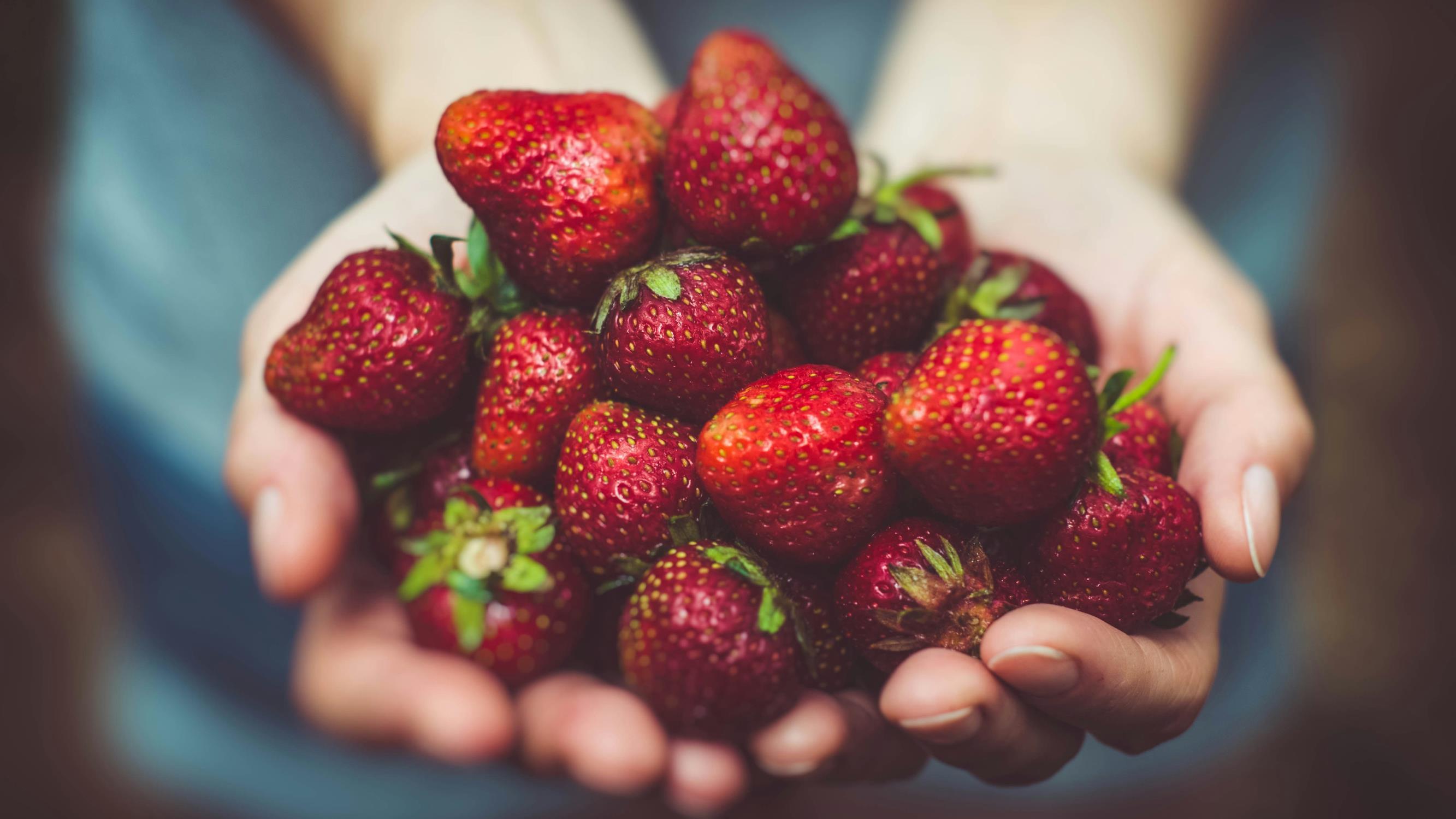

PORTFOLIO DEEP DIVES & SDGs


Impact deep dive: Peas of Heaven
- Driving impact by making it easy for people to switch to a plant-based diet

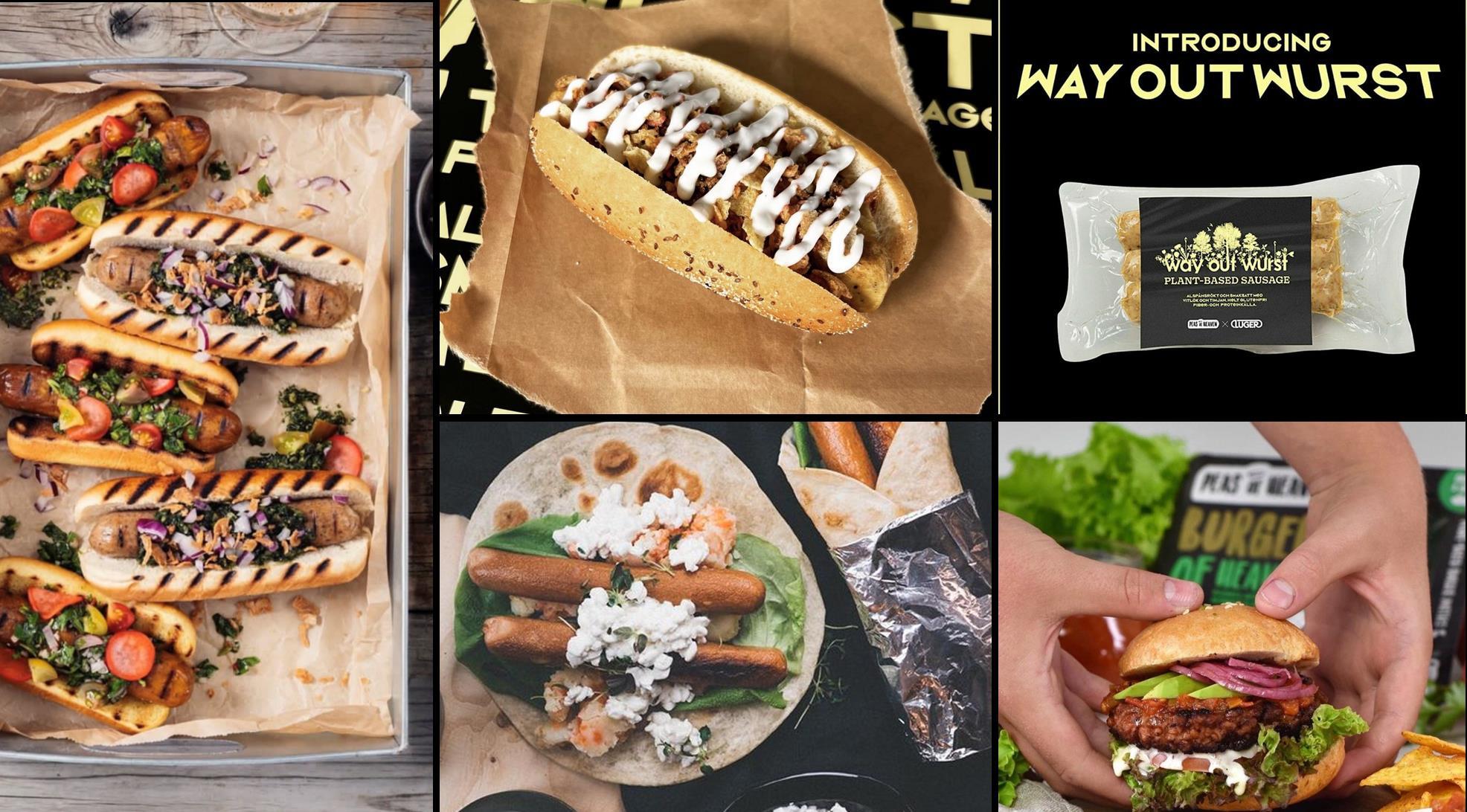
Peas of Heaven is developing and manufacturing next generation of plant-based, everyday foods, making it easy for more people to switch to plant-based habits.
Plant-based products has on average around 1/10 of the environmental impact compared to animal meat equivalents. Further, from a health perspective Peas of Heaven products also have significantly lower saturated fat, which otherwise is a big contributor to decreasing health/and mortality among humans.
Achievements 2023
• Measured Greenhouse gas emissions according to the GHG protocol throughout their entire value-chain (scope 1, 2 and 3, 2022 data)
• Results showing that scope 3 makes up 89% of all emissions, which further is dominated by raw materials of 91%.
• Actual data allows to set real goals and focus efforts for highest returns.
• Continued work of increasing efficiency in production leading to less waste
• Continued consumer communication on the value of a plantbased diet
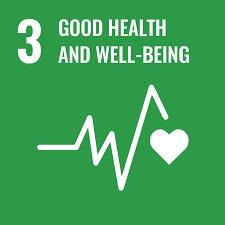
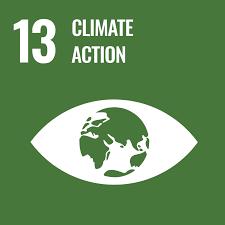
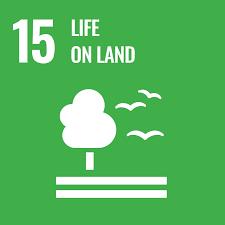
Inköp råvaror
Inköp emballage
Intransport
Uttransport
Avfall
Tjänsteresor
Impact deep dive: Vertical Harvest Farms
- Driving impact through Economic Inclusion, Climate Resiliance and Nutrition Security

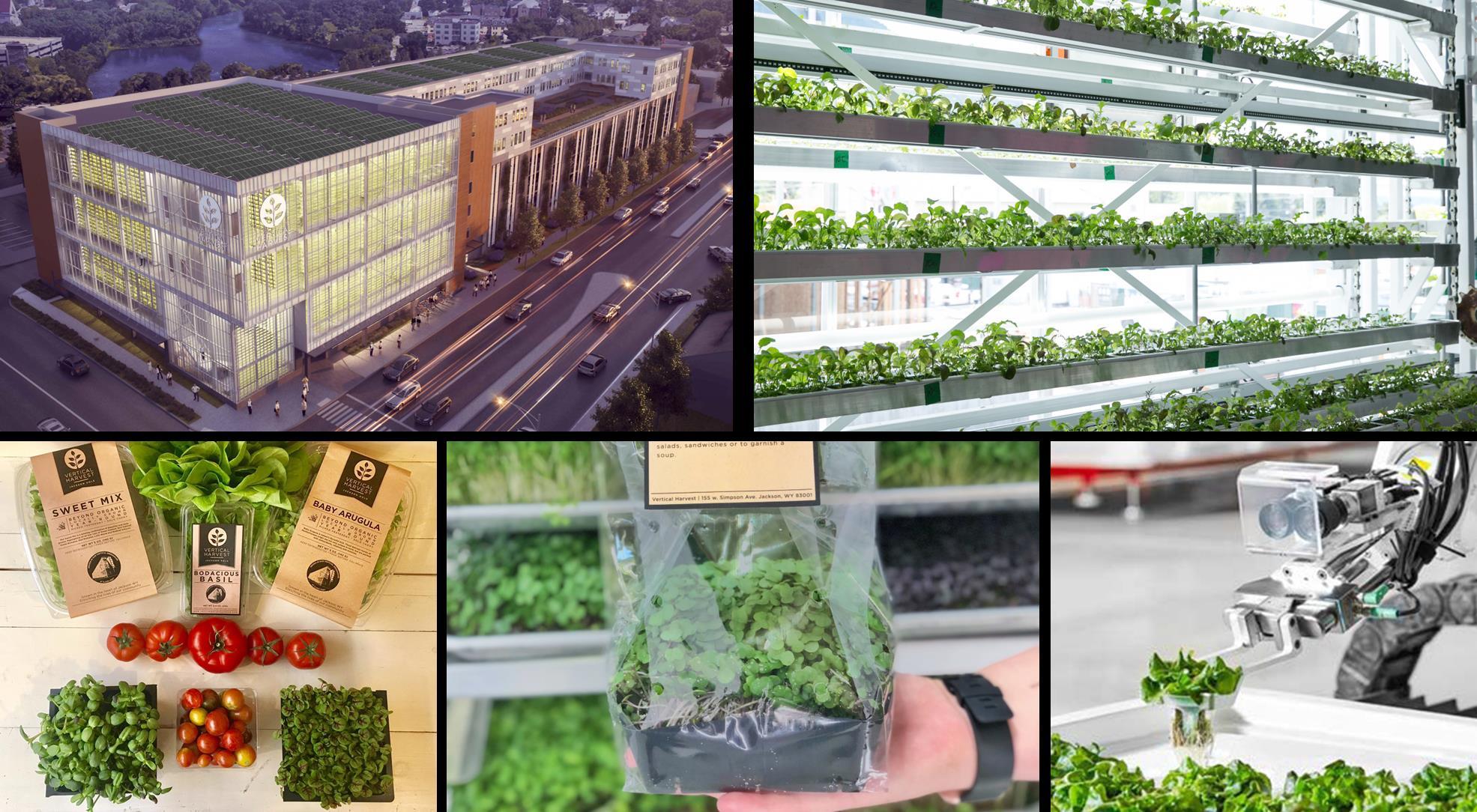
Vertical Harvest builds “Controlled Environment Agriculture” farms in urban centers with 3 primary impact areas:
Equal economic Inclusion: Our Grow Well model integrates disabled individuals into the workplace, unlocking human potential and creating community and stakeholders' engagement.
Climate Resilience: Utilize data, science, and technology for climateresilient food production. Mitigate climate risks, conserve resources, increase yields, avoid harmful chemicals, shorten supply chains, and innovate for clean energy to reduce emissions in grow systems.
Nutrition Security: Ensure reliable access to fresh, healthy food. Focus on availability, accessibility, and affordability to provide pesticide-free produce year-round, prioritize urban locations, and partner for affordability initiatives like SNAP accreditation, food donations, and community programs
Achievements 2023
• Economic Inclusion: employees with a disability 29%, employees that feel work is meaningful 94% and Retention Rate 88%.
• Climate Resilience: Land Use Comparison (Acreage traditional farmland needed to grow equivalent amount) 8.13 acres
• Nutrition Security: Amount distributed to Low Income/Low Access community partners 13.6% of production, Amount of Production Locally Distributed 100%
• ESG indicators added into all employee job descriptions
• Impact Rating tool developed to assess farm sites in the pipeline for potential positive impact.
• Worked with trade partners to drive consensus on industry KPIs and benchmarks.
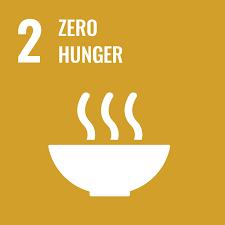
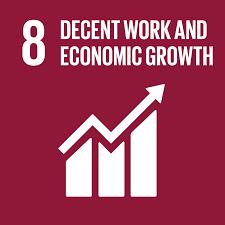
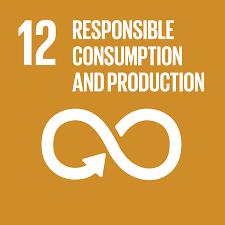
Impact deep-dive: El Taco Truck - Driving impact through authentic Mexican Food, 100% vegan

El Taco Truck is the No1 premium challenger brand disrupting the TexMex category with a 100% vegan product portfolio offering an authentic Mexican experience.
In general, plant-based products generate less GHG emissions and less land use than animal products (meat production). Comparing our vegan Sweet Potato burrito and a meat burrito, shows that our Sweet potato burrito only causes 7% as much greenhouse gas emissions, avoiding 1,210 CO2e per burrito.
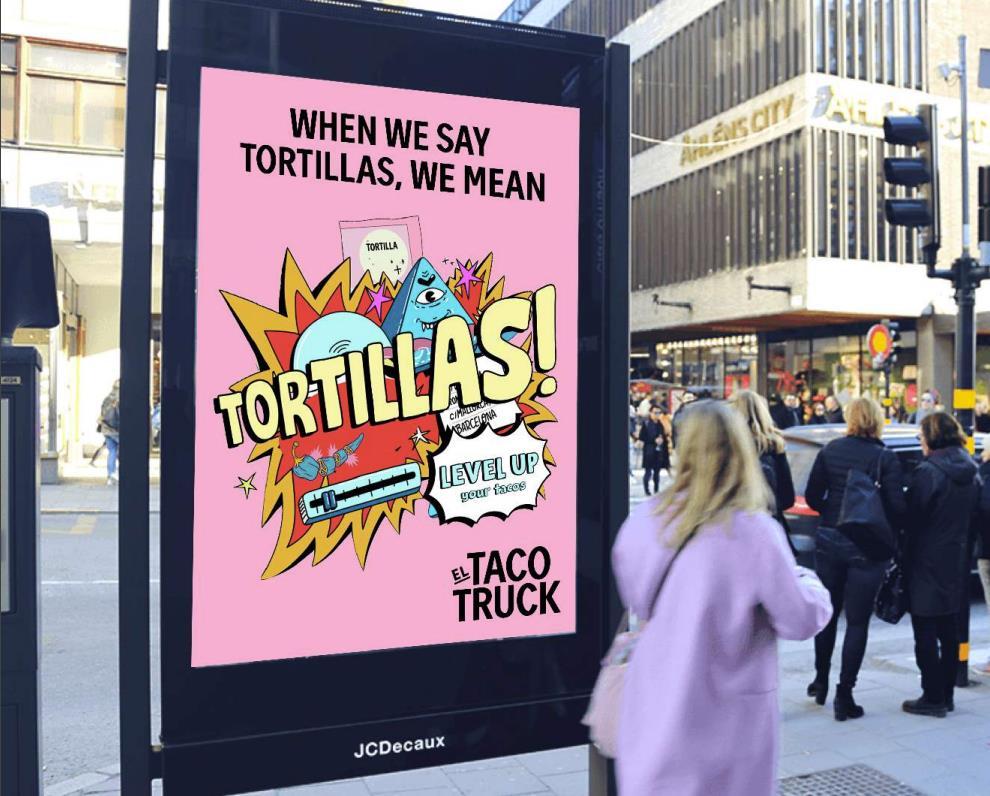
We measure the climate impact (CO2e) of our products to be able to work towards impact reductions. We actively work on our packaging design and logistics solutions for more sustainable alternatives. We continuously evaluate our raw materials to reduce negative impacts and we aim to produce products as close as possible to the country where they will be consumed. The products we import should contribute positively to the local economy and not destroy nature and people's opportunities for a good life.
El Taco Truck contributes to these SDGs:



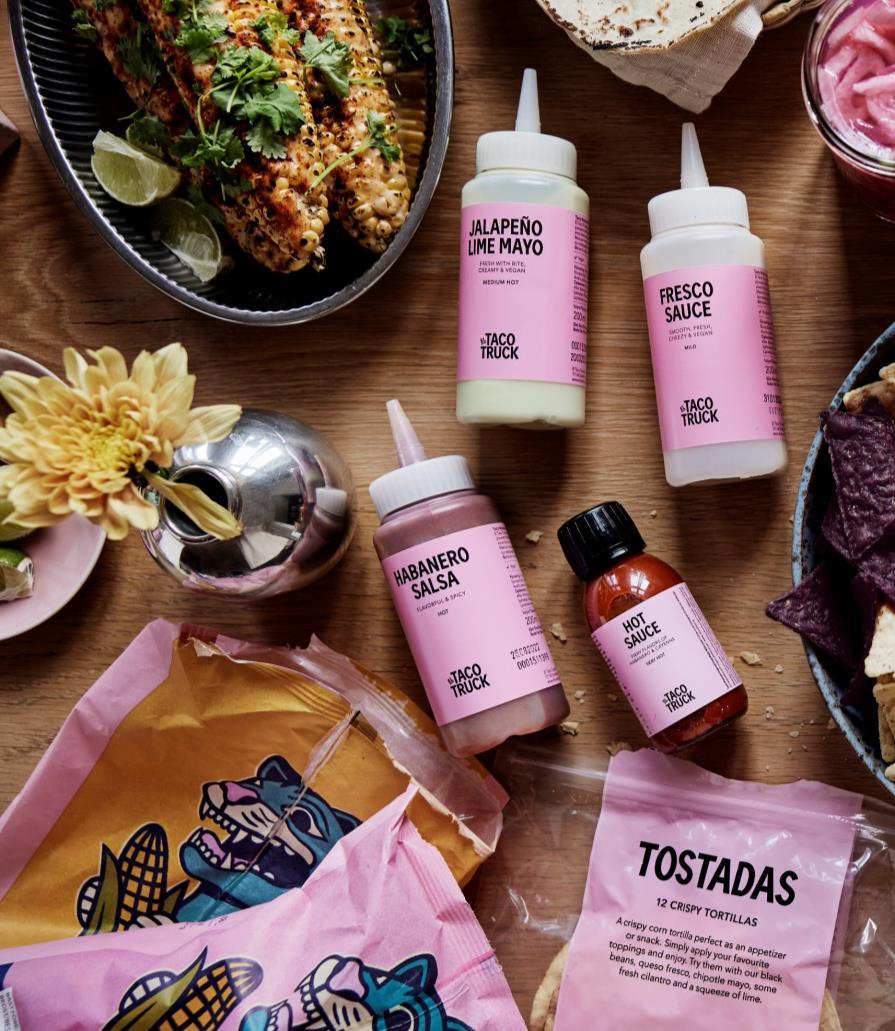
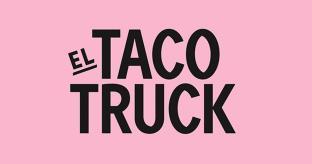
Achievements 2023
• Chips products are partly transported by train from site of production.
• Guacamole production has moved from Mexico to Europe, reducing the climate impact of each Guacamole product by 50%.
• Tortilla production has moved from Mexico to Europe and made a pallet optimization to fit more products on the pallet.
• Transportation boxes for 200 ml sauces have been optimized to fit more products onto a pallet.
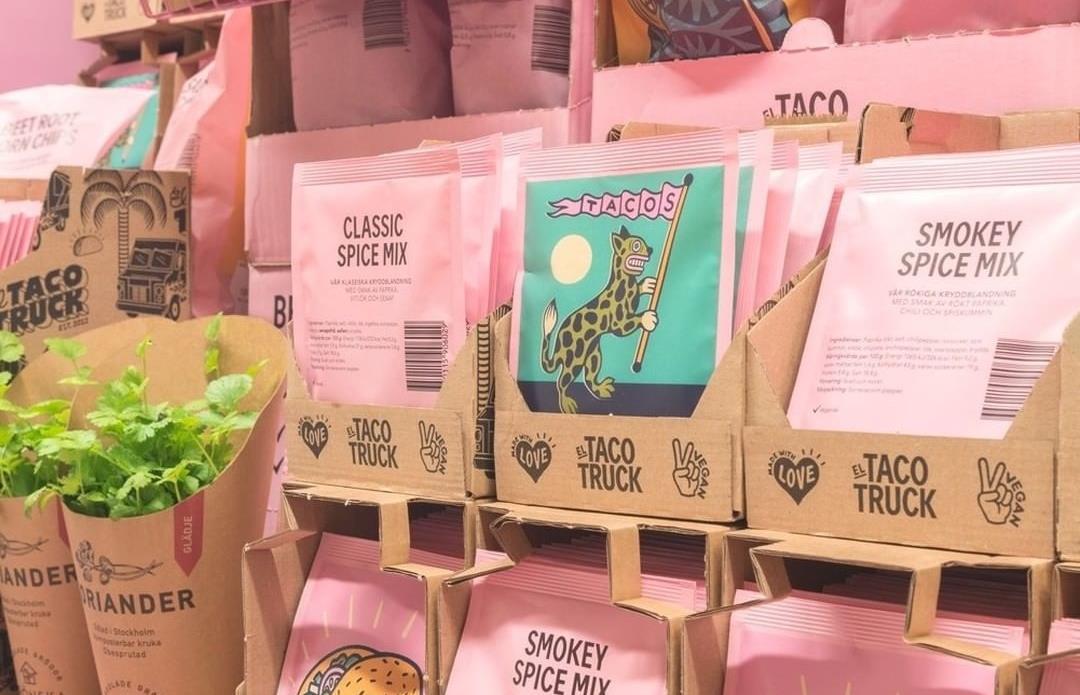
• Switched to 100% renewable energy at our office and use hybrid company cars only.
• Social Certificates in place for raw materials coming from risk origins
Vertical Harvest Farms contribute to these SDGs:
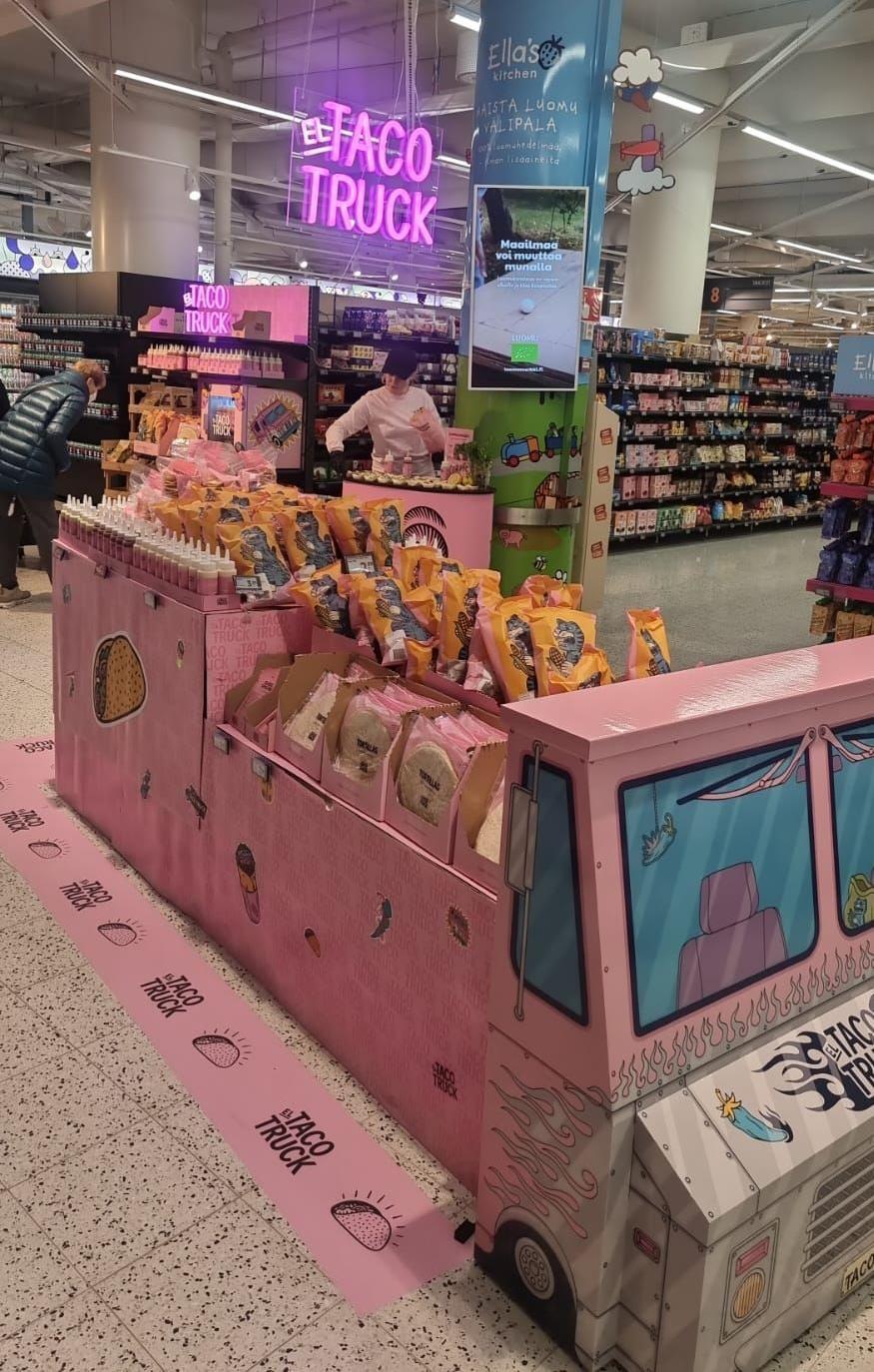







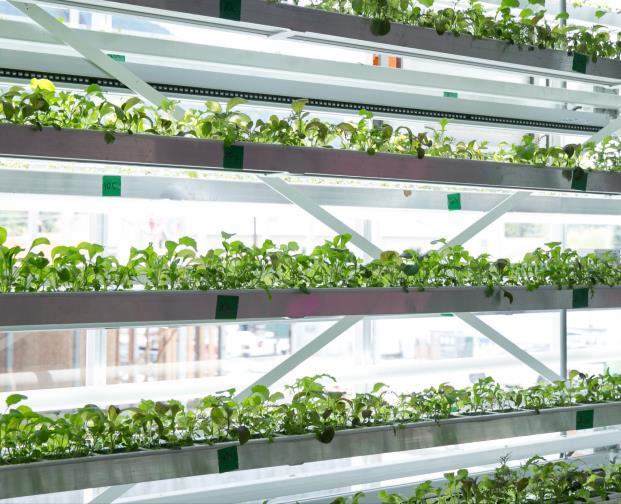

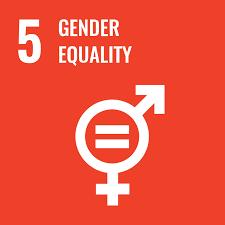

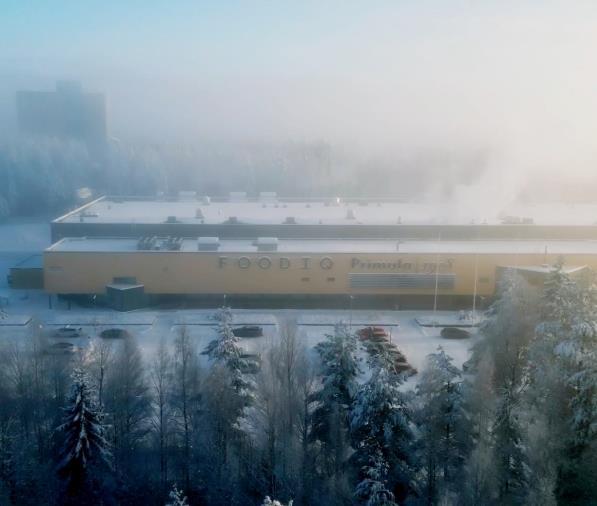

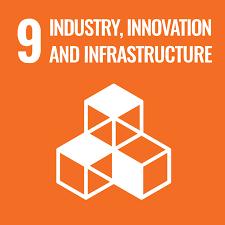



 Nicoya’s portfolio’s collective contribution to the UN Sustainable Development Goals (SDGs)
Nicoya’s portfolio’s collective contribution to the UN Sustainable Development Goals (SDGs)

CHANGING FOOD FOR GOOD






